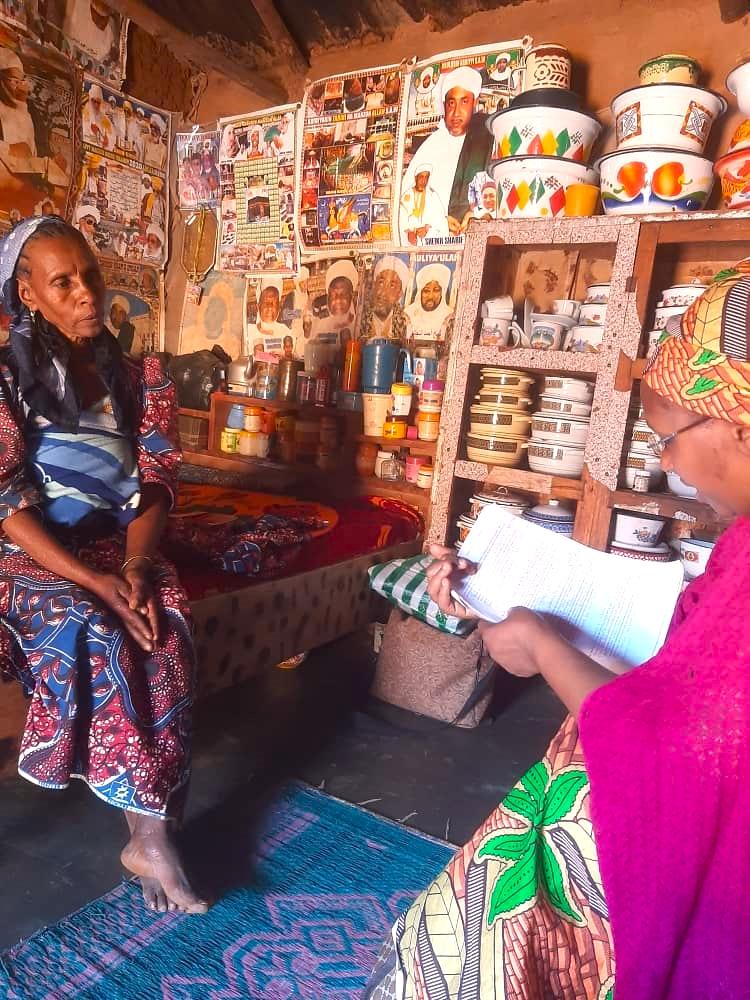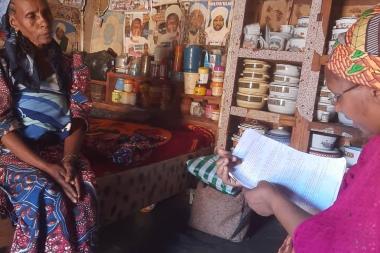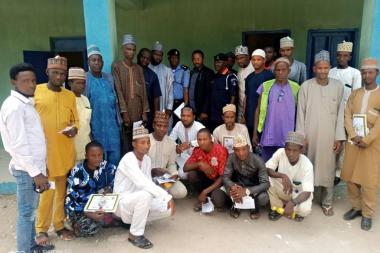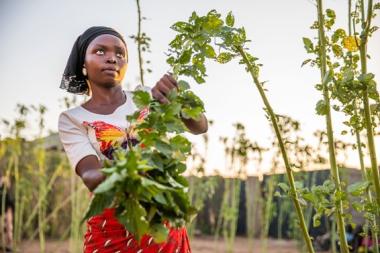Nigeria: Impacts of Naira redesign on livelihoods in Hayin Ade and Wuro Bappate
This is the third in a series of longitudinal studies into the political, socioeconomic and environmental issues facing pastoralists and agropastoralists in Hayin Ade and Wuro Alhaji Idrissa Bappate.
SPARC and its partner the Fulbe Development and Cultural Organization (FUDECO) want to learn from the perspective and lived experiences of pastoralists and agropastoralists in Hayin Ade in Kaduna State and Wuro Alhaji Idrissa Bappate (Wuro Bappate for short) in Taraba State to better understand their livelihood challenges, coping strategies, expectations and what they require to improve their living conditions.
The third round of interviews in this policy brief investigated the compounding impacts of the Naira redesign policy on the same set of (agro)pastoralists in Hayin Ade and Wuro Bappate to track changing conditions and adaptive strategies. Our aim was to produce practical knowledge that can be integrated into existing and future support programmes in the study sites and in FUDECO’s broader pastoral network.
Using semi-structured interviews, we spoke to a total of 60 men and women. Our findings show that the Naira redesign and digitalisation of banking transactions policy has led to financial hardship for people in both communities, particularly due to lack of bank accounts and limited access to information-communication technology (ICT). The redesign policy removed cash from circulation to force people to use e-banking services.
Before the policy, rural communities relied primarily on cash for all financial transactions, including for dealing with normal dry-season challenges and coping with shocks. Lack of cash has made it difficult for the (agro)pastoralists to sell livestock, buy supplemental fodder or veterinary medicines or food to cover household needs during the lean periods.
Rural (agro)pastoral communities need support to facilitate their participation in Nigeria’s increasingly digital economy. Without this, nearly 40% of Nigeria’s 218million population will remain excluded from formal financial participation. This limits their opportunities for livelihood diversification and coping strategies for managing shocks and normal stresses. Three key recommendations could support their participation:
- Assistance with securing national identification and opening bank accounts;
- Greater investment in rural ICT connectivity; and
- Training around fintech literacy, including reducing the risks of cyber fraud.



